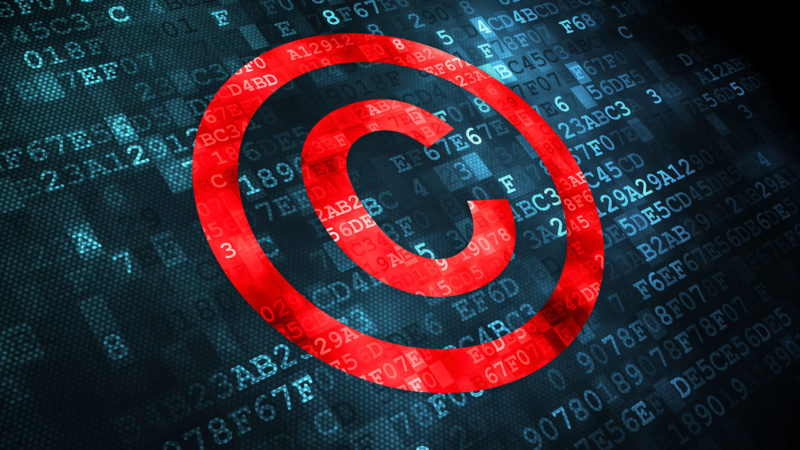
Many of Europe’s biggest news publishers have stepped up lobbying for a proposed European copyright law that would force companies such as Google and Facebook to more aggressively police copyright online and potentially pay them for links and snippets of content.
The first version of the proposed copyright rules, an attempt to harmonize disparate laws across Europe, was initially defeated in an EU parliamentary vote in July. However, they will come up for another vote this month.
At the center of the debate are two controversial provisions:
- Article 13 would require platforms like Google/YouTube, Facebook, Twitter and others to monitor potential copyright infringement much more aggressively or face liability. These sites would thus be compelled to scan content for violations before being uploaded (creating a risk of censorship).
- Article 11 would require permission and licensing fees to embed links unless there’s a copyright exception. Aimed at Google and Facebook primarily, that is effectively a “link tax.”
European publishers and various entertainment companies strongly support these rules, seeing them as a way to fight what they argue is rampant online piracy and to generate more revenue.
In a joint statement and column urging passage of the law, many of Europe’s press agencies and media CEOs played on anti-Google and Facebook fears to call on members of EU Parliament to pass the law. They characterized the “plundering” of media content as a “threat both to consumers and to democracy.” They also argued that with billions in ad revenues, these mostly US-based technology companies could afford to compensate publishers.
European publishers have been trying for several years to revise copyright law to enable the collection of licensing fees for exposure of links and small snippets of content by news aggregators and search sites. They contend that, rather than drive traffic to and benefit their sites, Google and Facebook use their content to generate ad revenue without compensation.
Similarly restrictive copyright laws (called link taxes by their critics) that were already tried in Germany and Spain had both unintended consequences and predictably negative results for publishers.
Separately, the European Commission has created new regulations for the removal of “illegal content,” aimed mostly at terrorist propaganda, with potential fines if publishers and tech companies fail to comply. However, these rules would also extend to copyright infringement and require the material in question to be taken down within one hour.
